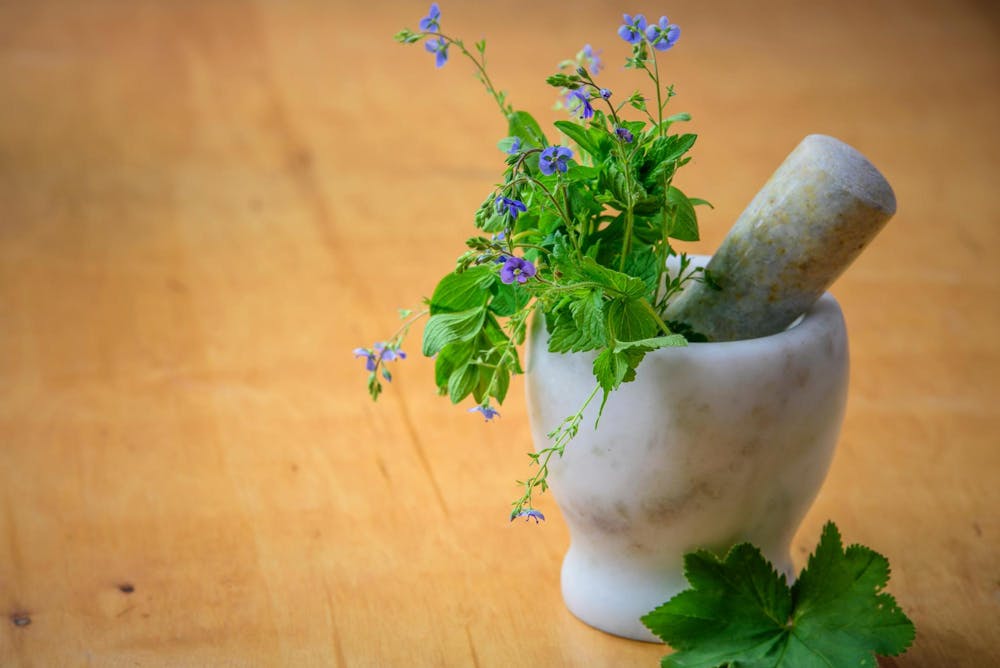As consumers increasingly seek natural alternatives to conventional products, the market has responded with an abundance of options. Whether you're looking to enhance your wellness routine or reduce your exposure to synthetic ingredients, this comprehensive guide will help you navigate the natural products landscape. Learn how to evaluate quality, understand certifications and make choices that align with both your lifestyle and values.
The natural products industry has experienced unprecedented growth in recent years, offering solutions for everything from personal care to household cleaning. However, with this expansion comes the challenge of distinguishing truly beneficial products from those that merely capitalize on the "natural" trend. This guide will equip you with the knowledge to make informed decisions about your purchases, ensuring you invest in products that deliver real value and align with your wellness goals.
Understanding Product Labels and Ingredients
Navigating natural product labels requires attention to detail and basic knowledge of industry standards. Before making purchases, familiarize yourself with common ingredients and their purposes. The most trustworthy manufacturers emphasize transparency, providing comprehensive information about their products' contents and origins.
Key certifications to look for:
- USDA Organic: Ensures products meet strict agricultural standards
- Non-GMO Project Verified: Confirms absence of genetically modified organisms
- B Corp Status: Indicates commitment to social and environmental responsibility
- Fair Trade: Guarantees ethical sourcing and fair labor practices
- EWG Verified: Meets Environmental Working Group's strict health standards
Watch out for red flags such as:
- Vague terms like "natural fragrance" or "proprietary blend"
- Long lists of unrecognizable synthetic ingredients
- Missing or incomplete ingredient information
- Unsubstantiated health claims
Understanding these elements helps you distinguish genuinely natural products from those merely capitalizing on eco-friendly marketing trends.
Quality Assurance and Third-Party Testing
When exploring natural products, particularly in the CBD sector, third-party testing is crucial. Many consumers trust comprehensive reviews from independent sources, such as the detailed analysis found at CBDNerds, where Lazarus Naturals reviews demonstrate the importance of lab testing and quality control.
Look for companies that readily share their testing results and maintain consistent quality standards. Factors like manufacturing processes, ingredient sourcing and company reputation are important as these elements collectively indicate a manufacturer's commitment to producing safe, effective products.
Identifying Your Specific Needs
Take time to map out your wellness journey before diving into purchases. Natural products span a vast range of categories – from aromatherapy and herbal supplements to eco-friendly cleaning solutions. Each product type serves distinct purposes and requires unique evaluation criteria. Those interested in CBD products, for example, must weigh factors such as concentration levels, absorption methods and specific therapeutic goals.
Draft a personalized checklist outlining your primary health concerns and desired outcomes. This groundwork helps narrow down options and prevents costly trial-and-error experiences. Keep in mind that individual responses to natural products vary significantly, so maintain realistic expectations and be willing to adjust your approach based on personal results.
Making the Transition
Embrace a methodical approach when incorporating natural products into your routine. Rather than overhauling your entire lifestyle at once, select a single conventional item to replace – perhaps starting with something you use daily, like deodorant or facial cleanser. This strategic method allows you to monitor how your body responds to each new product while maintaining control over your spending.
Think about maintaining a digital or physical wellness diary to document your experiences, noting factors such as effectiveness, side effects and overall satisfaction. These detailed observations become invaluable when making future product selections and help you develop a personalized understanding of which natural alternatives work best for your unique needs.
Creating a Natural Product Budget
Smart shopping strategies can make natural products more accessible, despite their typically higher price points. Many manufacturers offer cost-saving opportunities through bulk purchases, subscription services and seasonal promotions. Take advantage of loyalty programs that provide points, cashback or exclusive discounts to regular customers.
While premium natural products might initially seem expensive, their concentrated formulations often require smaller amounts per use, stretching your investment further. Additionally, these high-quality products frequently deliver better results and minimize the need for multiple product purchases, creating both economic and environmental benefits in the long run.
Student Solutions: Natural Products on a Campus Budget
Living the natural lifestyle as a student presents unique challenges, but there are creative ways to incorporate quality products into campus routines. Whether you're living in a dorm or off-campus housing, practical solutions exist that work within student budgets and living spaces.
Smart strategies for students:
- Take advantage of student discounts at local natural food stores
- Split bulk purchases with roommates to reduce costs
- Choose multi-purpose products that save space and money
- Look for travel-sized options that work well in shared bathrooms
- Consider shelf-stable products that don't require refrigeration
Campus-friendly natural alternatives:
- Essential oil diffusers (approved for residence halls) instead of artificial air fresheners
- Reusable bamboo utensils for dining on-the-go
- Natural stain removers for laundry emergencies
- Compact herb gardens for dorm windowsills
- Multi-use coconut oil for skincare and haircare
Many campus organizations, including sustainability-focused student groups, often organize bulk buying clubs or share information about local deals on natural products. Check campus event calendars for workshops and events related to sustainable living and natural wellness practices.
The journey toward a more natural lifestyle is deeply personal and evolves with your needs and experiences. By taking a thoughtful approach to product selection, staying informed about quality standards and maintaining realistic expectations, you can build a sustainable natural product routine that enhances your well-being while respecting your budget and environmental values. Remember that small, consistent changes often lead to the most lasting results in your natural wellness journey.
This post is provided by a third party who may receive compensation from the products or services they mention.





The Daily News welcomes thoughtful discussion on all of our stories, but please keep comments civil and on-topic. Read our full guidelines here.